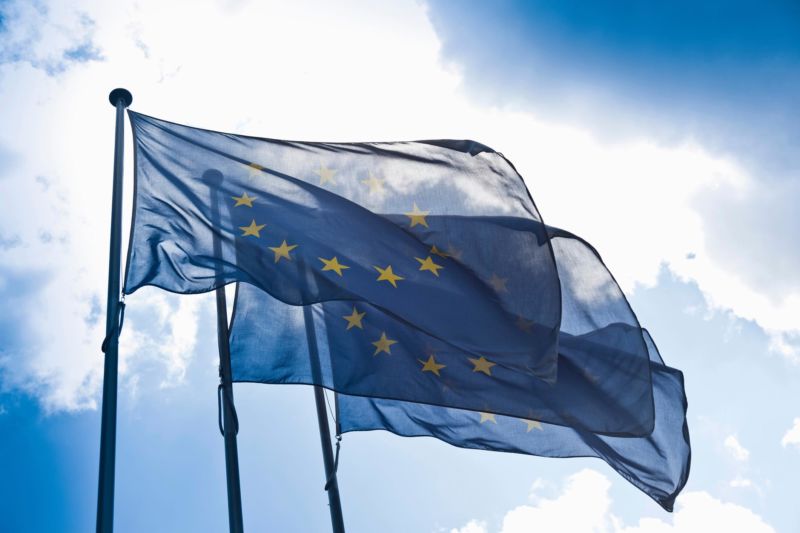
A European Parliament committee today approved a copyright law that could have wide-ranging effects on Internet platforms that host user-generated content.
The Parliament's Committee on Legal Affairs voted 15-10 "to approve the controversial Article 13, which critics warn could put an end to memes, remixes and other user-generated content," the BBC reported. The full parliament is expected to vote on the measure in July.
"The vote by the Legal Affairs Committee is likely to be the Parliament's official stance as it heads into negotiations with EU countries on a common position, unless dissenting lawmakers force a vote at the general assembly next month," Reuters wrote.
As we wrote last week, the proposal "seeks to make Internet services that host large amounts of user-uploaded material responsible for policing their holdings to prevent copyright infringement." Businesses would no longer benefit from safe harbor protection "for any service that 'optimizes' content, which includes things like promoting, tagging, curating, or sequencing a site's contents."
The Committee on Legal Affairs also approved a measure that would "requir[e] online platforms to pay publishers a fee if they link to their news content," the BBC wrote.
Law “will drive online platforms out of Europe”
A letter opposing Article 13 was signed last week by World Wide Web inventor Tim Berners-Lee, Internet Protocol co-inventor Vint Cerf, and other major Internet figures.
"The resulting business uncertainty will drive online platforms out of Europe and impede them from providing services to European consumers," the letter warned.
Large US-based Internet platforms "can well afford the costs of compliance," while the burdens "will fall most heavily on their competitors, including European startups and SMEs [small- and medium-sized enterprises]," the letter said.
The reliability of automatic filtering systems is questionable, and it "will be expensive and burdensome" for businesses to deploy them, the letter said.
While the Internet today is "an open platform for sharing and innovation," automatic filtering of user-generated content would ultimately transform it "into a tool for the automated surveillance and control of its users," they wrote.
reader comments
213